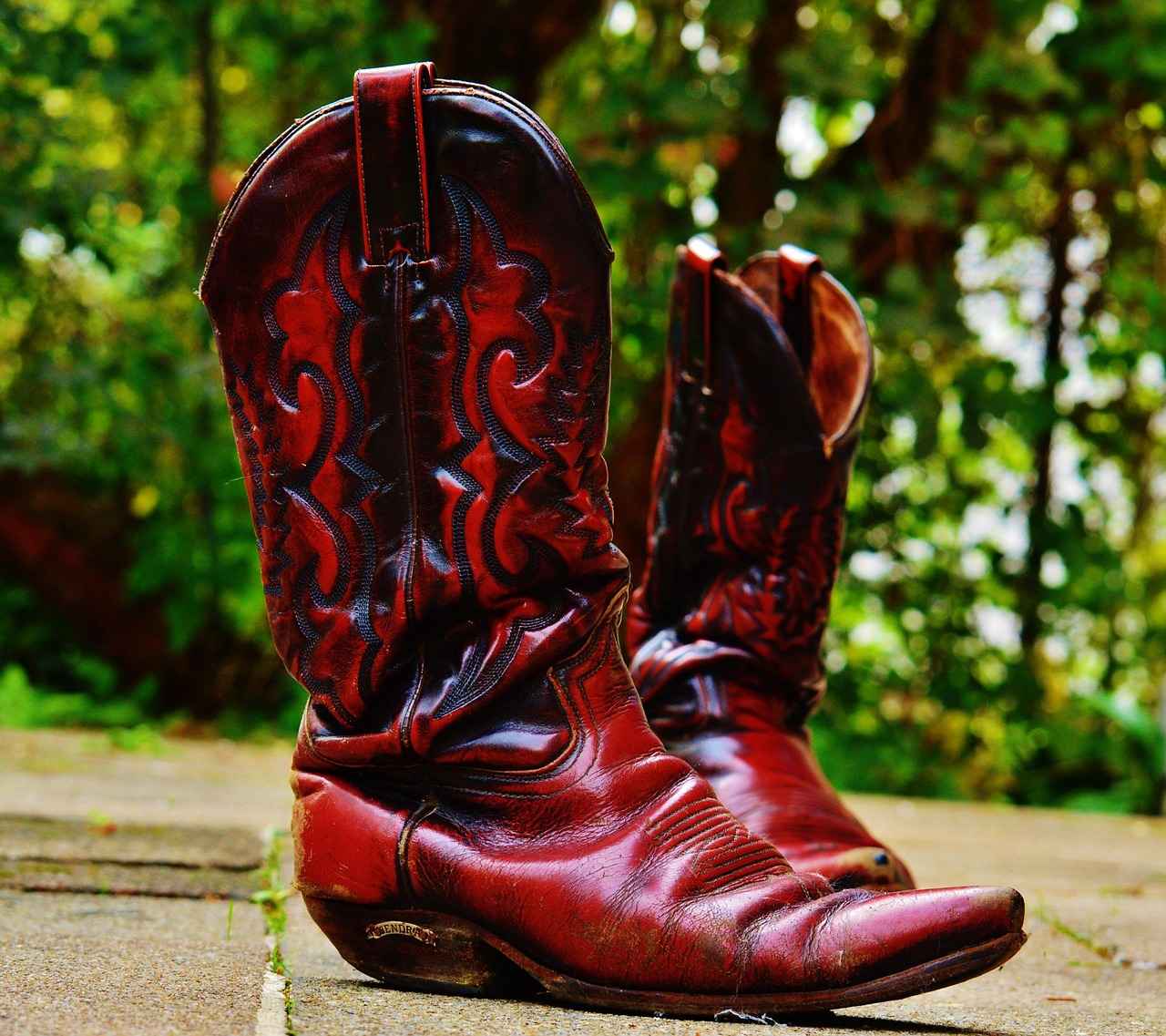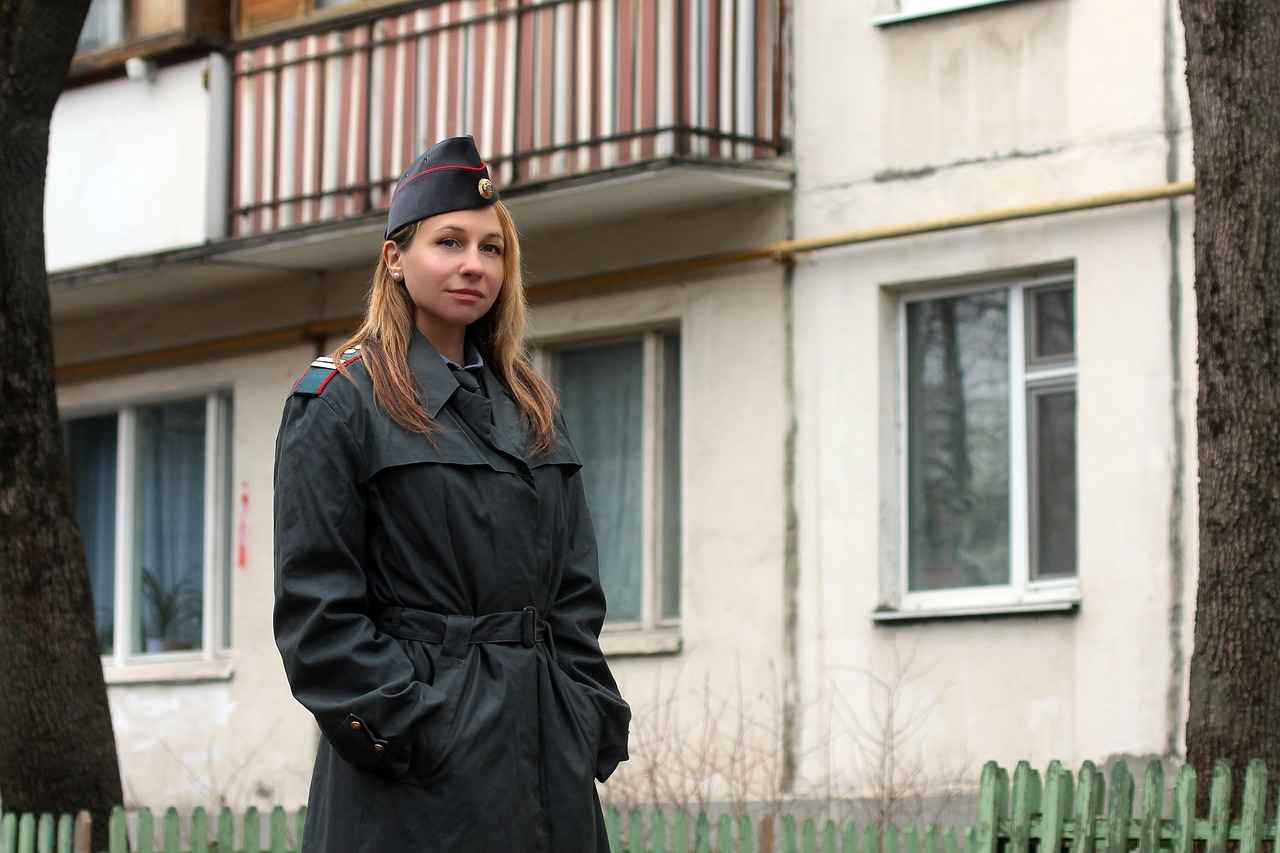This article explores iconic 80s movies that captivated children and families alike, highlighting their enduring charm and cultural significance in today’s entertainment landscape. The 1980s marked a transformative period in children’s cinema, introducing imaginative storytelling and memorable characters that resonate with audiences even today.
Why the 80s Were a Golden Era for Kids’ Movies
The 1980s were a groundbreaking time for children’s films, as studios began to explore deeper themes and more complex narratives. These films often featured relatable characters and adventures that sparked the imagination of young viewers. The combination of humor, heart, and moral lessons made them appealing to both children and adults, creating a shared viewing experience for families.
Iconic 80s Movies That Defined Childhood
- The Goonies: A Treasure Hunt Adventure
- Ghostbusters: Comedy Meets Supernatural
- The Little Mermaid: A New Era of Disney
- An American Tail: A Heartwarming Journey
- The Land Before Time: A Timeless Tale of Friendship
The Goonies: A Treasure Hunt Adventure
This beloved film combines adventure, friendship, and nostalgia, making it a timeless classic that continues to inspire new generations of viewers. The Goonies follows a group of kids on a quest to find hidden treasure, exploring themes of friendship, bravery, and the importance of believing in oneself. Iconic characters like Mikey and Chunk have become staples of pop culture, with their memorable lines and antics still quoted today.
Ghostbusters: Comedy Meets Supernatural
Ghostbusters blends humor with supernatural elements, creating a unique film that appeals to both kids and adults, making it a staple of 80s cinema. Its catchy theme song and memorable characters have left a lasting impact on the genre.
Family-Friendly Animation: Disney’s 80s Renaissance
The 80s saw a revival in animated films, with Disney leading the charge and producing classics that remain beloved by audiences of all ages. The Little Mermaid redefined animated storytelling, featuring unforgettable songs and a strong female lead, paving the way for future Disney films.
The Impact of 80s Movies on Today’s Cinema
The influence of 80s movies can be seen in contemporary films, as many filmmakers draw inspiration from the themes, characters, and storytelling techniques of this era. Despite the passage of time, the themes of friendship, adventure, and imagination in 80s movies continue to resonate, making them relevant and enjoyable for today’s viewers.
Conclusion: The Lasting Legacy of 80s Kids’ Movies
The classic films of the 80s have left an indelible mark on popular culture, ensuring that their stories and characters will continue to entertain and inspire future generations. The charm and creativity of these films serve as a reminder of the power of storytelling in shaping our lives.

Why the 80s Were a Golden Era for Kids’ Movies
The 1980s were a pivotal decade for children’s cinema, characterized by a remarkable evolution in storytelling and character development. This era introduced a plethora of films that not only entertained but also imparted valuable life lessons, making them memorable for both children and adults alike.
During this time, filmmakers began to embrace more imaginative narratives, often blending elements of fantasy, adventure, and comedy. This shift was crucial in creating films that appealed to a wider audience, ensuring that both kids and their parents could enjoy them together. Movies like The Goonies and Ghostbusters became cultural touchstones, showcasing the power of friendship, bravery, and humor.
Moreover, the 80s saw the emergence of iconic characters that have become ingrained in popular culture. Characters like E.T., the lovable alien from E.T. the Extra-Terrestrial, and the mischievous yet endearing creatures from The Gremlins captured the imaginations of young viewers. These characters often faced challenges that resonated with children’s experiences, such as the importance of loyalty and the courage to face one’s fears.
In addition to storytelling, the 80s also marked a significant advancement in animation. Disney’s resurgence during this decade led to the creation of classics such as The Little Mermaid and The Fox and the Hound, which not only entertained but also introduced themes of self-discovery and acceptance. These films laid the groundwork for future animated features, influencing generations of filmmakers and animators.
Ultimately, the 80s were more than just a decade of film; they were a cultural phenomenon that continues to resonate today. The themes of adventure, imagination, and the importance of friendship found in these films remain relevant, ensuring that they are cherished by new audiences. As we look back, it is clear that this era has left an indelible mark on the landscape of children’s entertainment.

Iconic 80s Movies That Defined Childhood
The 1980s were a remarkable decade for cinema, especially for children’s films that have left an indelible mark on our culture. From adventure-packed quests to whimsical fantasies, these movies shaped our childhoods and continue to resonate with audiences today. This article delves into the essence of these films, exploring their themes, characters, and lasting impact on family-friendly entertainment.
Adventure and Fantasy: A Perfect Blend
Films like The Goonies and Labyrinth offered thrilling adventures that captured the imagination of children everywhere. The Goonies took viewers on a treasure hunt filled with friendship and bravery, while Labyrinth introduced us to a fantastical world where anything was possible, showcasing the power of perseverance and courage.
Memorable Characters That Live On
- Mikey from The Goonies, the optimistic leader who inspires his friends.
- Sarah from Labyrinth, who embarks on a quest to save her brother.
- Chunk, whose comedic relief and iconic “Truffle Shuffle” have become legendary.
The Cultural Significance of 80s Films
These movies not only entertained but also taught valuable lessons about friendship, bravery, and the importance of believing in oneself. They have become cultural touchstones, referenced in modern media and cherished by those who grew up watching them. The blend of humor, adventure, and fantasy created a unique cinematic experience that appealed to both children and adults alike.
Conclusion: A Lasting Legacy
The films of the 80s have shaped the landscape of family entertainment, establishing a legacy that continues to influence filmmakers today. Their ability to blend adventure with relatable themes ensures that they remain relevant, allowing new generations to discover and enjoy these timeless classics.
The Goonies: A Treasure Hunt Adventure
The Goonies is not just a film; it is a cultural phenomenon that has captured the hearts of audiences since its release in the 1980s. This adventurous tale seamlessly blends elements of friendship, bravery, and nostalgia, creating a timeless classic that resonates with both young and old. The film’s ability to inspire new generations of viewers is a testament to its universal themes and engaging storytelling.
The plot centers around a group of misfit kids from the Goon Docks of Astoria, Oregon, who discover a treasure map that leads them on a thrilling adventure. As they embark on this quest, they encounter various challenges, including the nefarious Fratelli family, who are also after the treasure. The film explores the importance of teamwork and the bonds of friendship, as the characters learn to rely on one another to overcome obstacles.
One of the standout features of The Goonies is its memorable characters. From the optimistic Mikey to the lovable Chunk, each character brings a unique flavor to the story. Their quirky personalities and iconic quotes have become ingrained in pop culture, making them instantly recognizable even decades later. The film’s humor, combined with its heartfelt moments, creates a perfect balance that keeps audiences engaged.
Moreover, the film’s themes of adventure and self-discovery are relevant to viewers of all ages. It encourages children to embrace their imagination and seek out adventures, while also reminding adults of the innocent joys of childhood. The film’s legacy is evident in its continued popularity, inspiring countless references in modern media and even a dedicated fan base that cherishes the original.
In conclusion, The Goonies remains a beloved classic that transcends generations. Its blend of adventure, friendship, and nostalgia ensures that it will continue to inspire and entertain audiences for years to come.
Plot Summary and Key Themes
The Goonies is a cinematic treasure that captures the imagination of audiences young and old. Released in 1985, this adventure film follows a group of misfit kids from the Goon Docks neighborhood of Astoria, Oregon, as they embark on a quest to find a long-lost pirate treasure. The film is not just about the thrill of adventure; it deeply explores friendship, bravery, and the importance of believing in oneself.
The story kicks off when Mikey Walsh, the protagonist, discovers an ancient treasure map in his attic. Alongside his loyal friends—Data, Chunk, and Mouth—Mikey sets out on a journey filled with booby traps and challenges, all while being pursued by a family of criminals known as the Fratellis. This quest not only tests their physical abilities but also strengthens their bonds of friendship.
Throughout the film, several key themes emerge:
- Friendship: The Goonies exemplifies the power of camaraderie. The characters support each other through thick and thin, showcasing how true friendship can overcome obstacles.
- Bravery: Each character faces their fears, whether it’s confronting the Fratellis or navigating treacherous caves. Their bravery serves as an inspiring reminder that courage comes in many forms.
- Belief in Oneself: Mikey’s unwavering belief in their quest encourages his friends to believe in themselves, highlighting the importance of self-confidence in achieving goals.
In conclusion, The Goonies is more than just a nostalgic adventure film; it is a celebration of youth, friendship, and the spirit of adventure. Its themes resonate with viewers, ensuring its place as a classic that continues to inspire generations.
Memorable Characters and Quotes
The 1980s produced a remarkable array of films that captured the imagination of children and families. Among these, The Goonies stands out as a quintessential adventure film that not only entertained but also introduced audiences to a cast of unforgettable characters. The film features iconic characters like Mikey and Chunk, whose memorable lines and antics have become ingrained in pop culture history.
Mikey, the optimistic leader of the group, embodies the spirit of adventure and courage. His determination to find the treasure and save his neighborhood resonates with viewers of all ages. One of his most famous quotes, “Goonies never say die!”, has become a rallying cry for those who believe in perseverance and friendship.
On the other hand, Chunk, the lovable and clumsy member of the gang, provides both comic relief and heartwarming moments. His iconic line, “I’m gonna throw up!”, during the infamous Truffle Shuffle scene, showcases his endearing personality and ability to lighten the mood even in tense situations. Chunk’s antics, including his unforgettable confession to the Fratellis, have kept audiences laughing for decades.
The film’s ensemble cast also includes characters like Data, whose inventive gadgets add a layer of creativity to the adventure, and Sloth, whose surprising kindness challenges stereotypes. Each character brings something unique to the story, contributing to the film’s lasting appeal.
Overall, the memorable characters and quotes from The Goonies not only define the film but also encapsulate the essence of childhood adventure. Their impact continues to inspire new generations, ensuring that the film remains a beloved classic in the realm of family entertainment.
Ghostbusters: Comedy Meets Supernatural
Ghostbusters is a remarkable film that ingeniously intertwines comedy with supernatural elements, establishing a unique cinematic experience that resonates with audiences of all ages. Released in 1984, this film not only became a cultural phenomenon but also solidified its status as a classic of 80s cinema.
The film follows a group of eccentric scientists who start a ghost-catching business in New York City. Their humorous interactions and witty banter provide a delightful contrast to the eerie supernatural occurrences they encounter. This blend of humor and spooky adventures creates a captivating narrative that appeals to both children and adults alike.
One of the key reasons for the film’s enduring popularity is its memorable characters. From the sarcastic Peter Venkman, played by Bill Murray, to the earnest Ray Stantz, portrayed by Dan Aykroyd, each character brings a unique charm to the story. Their camaraderie and humorous escapades make the film relatable and enjoyable, ensuring it remains a staple in family movie nights.
Ghostbusters also features iconic scenes and quotes that have permeated popular culture. Phrases like “Who you gonna call?” have become synonymous with the film, illustrating its impact on the cultural landscape. The film’s ability to balance comedic elements with thrilling ghostly encounters ensures that it remains exciting and engaging for new generations of viewers.
In conclusion, Ghostbusters is more than just a comedy; it is a beloved film that has left an indelible mark on cinema history. Its unique blend of humor and supernatural thrills has made it a timeless classic, appealing to audiences young and old, and ensuring its place as a cherished part of 80s film heritage.

Family-Friendly Animation: Disney’s 80s Renaissance
The 1980s marked a significant turning point for animated films, especially with the resurgence of Disney. This decade saw Disney not only reclaim its status as a leader in animated storytelling but also redefine the genre for a new generation. The films produced during this time have become timeless classics, cherished by audiences of all ages.
Disney’s renaissance began with the release of The Little Mermaid in 1989, which featured stunning animation, memorable songs, and a compelling story. This film not only revived Disney’s box office success but also set the stage for a new era of animated features that focused on strong narratives and character development.
- Innovative Storytelling: Disney began to emphasize storytelling that appealed to both children and adults, creating layers of meaning that resonated across age groups.
- Iconic Characters: Characters like Ariel, Simba, and Belle became cultural icons, representing themes of bravery, love, and self-discovery.
- Musical Excellence: The use of memorable soundtracks, including songs written by renowned composers such as Alan Menken, became a hallmark of Disney films during this period.
Besides The Little Mermaid, other notable animated films such as An American Tail and The Land Before Time also emerged, showcasing diverse stories that captivated young audiences. These films tackled important themes such as immigration, friendship, and the journey of growing up, leaving a lasting impact on viewers.
Disney’s 80s renaissance not only revitalized the animation industry but also established a legacy that continues to influence modern animated films. The combination of heartwarming stories, engaging characters, and stunning visuals has ensured that these classics remain beloved today.
In conclusion, the 1980s were a pivotal decade for family-friendly animation, with Disney leading the charge. The films produced during this time have left an indelible mark on popular culture, ensuring that their stories and characters will continue to entertain and inspire future generations.
The Little Mermaid: A New Era of Disney
The Little Mermaid is not just a film; it represents a pivotal shift in Disney’s approach to storytelling and animation. Released in 1989, this movie became a cornerstone of the Disney Renaissance, a period characterized by the revival of animated features that captured the hearts of audiences worldwide.
At the heart of The Little Mermaid is Ariel, a spirited young mermaid who dreams of living on land. Her journey is not only one of adventure but also one of self-discovery. This film introduced audiences to a strong female lead, breaking away from traditional princess narratives. Ariel’s determination and courage resonate with viewers, making her an iconic figure in children’s cinema.
Unforgettable Songs and Music
The soundtrack of The Little Mermaid is another significant aspect that contributed to its success. With memorable songs like “Under the Sea” and “Part of Your World“, the film set a new standard for musical storytelling in animation. These songs, composed by Alan Menken with lyrics by Howard Ashman, not only enhance the narrative but also engage audiences emotionally, creating a lasting impression.
The Film’s Cultural Impact
The success of The Little Mermaid paved the way for future Disney films, inspiring a generation of animators and storytellers. Its blend of humor, adventure, and romance has influenced countless movies, establishing a template for animated features that prioritize character depth and musicality.
Conclusion
In conclusion, The Little Mermaid is a landmark film that redefined animated storytelling. With its unforgettable songs, a compelling female protagonist, and a rich narrative, it not only captivated audiences in the late 80s but continues to influence the animation industry today. Its legacy is a testament to the power of storytelling and the importance of representation in children’s media.
Other Notable Animated Films
have played a significant role in shaping the landscape of children’s cinema during the 1980s. Beyond the iconic The Little Mermaid, two films that stand out are An American Tail and The Land Before Time. These animated features not only provided entertainment but also conveyed important messages and showcased diverse narratives that resonated with young audiences.
An American Tail, released in 1986, follows a young mouse named Fievel Mousekewitz who immigrates to America with his family in search of a better life. This film highlights themes of hope, perseverance, and the immigrant experience, making it relatable for many viewers. The film’s memorable songs, including the poignant “Somewhere Out There,” have left a lasting impact on audiences, emphasizing the importance of family and belonging.
The Land Before Time, released in 1988, tells the story of a young dinosaur named Littlefoot who embarks on a journey to find the Great Valley, a place of safety and abundance. This film introduces children to themes of friendship, loss, and survival. The characters, such as Ducky and Spike, have become beloved icons, and the film’s emotional depth resonates with both children and adults alike.
Both films are significant not just for their storytelling but also for their animation style, which was groundbreaking at the time. They paved the way for future animated films by demonstrating that animation could be a medium for serious storytelling, addressing complex themes while still entertaining young audiences.
In conclusion, An American Tail and The Land Before Time are essential pieces of the 80s animated film canon. They continue to be celebrated for their engaging narratives and the valuable lessons they impart, ensuring their place in the hearts of many generations.

The Impact of 80s Movies on Today’s Cinema
The 1980s were a pivotal decade for filmmaking, especially in the realm of children’s movies. The influence of these films extends far beyond their original release dates, permeating contemporary cinema in numerous ways. Today, filmmakers often draw inspiration from the themes, characters, and storytelling techniques that defined this era, showcasing the lasting impact of 80s movies.
Revival of Nostalgic Themes
Many modern films incorporate the nostalgia that characterized 80s movies. This era was known for its emphasis on friendship, adventure, and the triumph of the underdog. Films like Stranger Things and It have successfully captured the spirit of the 80s, resonating with audiences who appreciate the blend of nostalgia and contemporary storytelling.
Character Archetypes and Development
Iconic characters from 80s films, such as the quirky misfits in The Goonies or the ghost-busting heroes in Ghostbusters, serve as templates for character development in modern cinema. Today’s filmmakers often recreate these beloved archetypes, allowing new generations to connect with familiar narratives while introducing fresh perspectives.
Innovative Storytelling Techniques
The 80s also introduced innovative storytelling techniques, including the use of special effects and imaginative plotlines. Movies like Back to the Future and The Princess Bride showcased creative storytelling that continues to influence how stories are told today. The blending of genres, such as comedy and fantasy, remains a popular approach in current filmmaking.
Conclusion: A Lasting Legacy
The impact of 80s movies on today’s cinema is undeniable. As filmmakers continue to draw from the rich well of this era’s creativity, the themes and storytelling techniques that captivated audiences decades ago remain relevant. The legacy of 80s films not only shapes modern cinema but also ensures that the magic of these stories endures for future generations.

Why 80s Movies Still Resonate with Modern Audiences
Despite the passage of time, the themes of friendship, adventure, and imagination in 80s movies continue to resonate, making them relevant and enjoyable for today’s viewers. The essence of these films captures the spirit of childhood, allowing audiences to relive their formative years while introducing new generations to timeless stories.
One of the key reasons these films remain popular is their ability to evoke a sense of nostalgia. For many adults, watching an 80s movie brings back fond memories of their own childhood. This emotional connection creates a shared experience that transcends age, as parents can now enjoy these films with their children, passing down the magic of their youth.
Furthermore, the imaginative storytelling found in 80s films often features relatable characters facing extraordinary challenges. Movies like The Goonies and The NeverEnding Story showcase the importance of friendship and bravery, themes that resonate universally. These narratives encourage viewers to dream big and embrace their sense of adventure, which is a message that remains relevant in today’s fast-paced world.
Additionally, the visual and musical elements of 80s films contribute to their lasting appeal. Iconic soundtracks and memorable visuals create an immersive experience that captivates audiences. Songs from movies like Ghostbusters and The Breakfast Club are not just catchy; they evoke emotions and memories, making these films unforgettable.
In conclusion, the combination of nostalgia, relatable themes, and engaging storytelling ensures that 80s movies continue to resonate with modern audiences. They serve as a bridge between generations, reminding us of the importance of friendship, adventure, and the power of imagination.

Conclusion: The Lasting Legacy of 80s Kids’ Movies
The classic films of the 80s have profoundly influenced popular culture, creating a legacy that continues to resonate with audiences today. These films not only entertained children but also shaped their values and imaginations, ensuring that their stories and characters remain timeless.
The 1980s was a pivotal decade for kids’ cinema, marked by a surge of creativity and innovation. Iconic films such as The Goonies, Ghostbusters, and Disney’s animated classics introduced audiences to unforgettable characters and narratives that have become embedded in the cultural fabric. These movies often tackled themes of friendship, adventure, and resilience, which are as relevant today as they were then.
One of the key elements of 80s films is their ability to blend humor with heartwarming moments. For instance, in The Goonies, the journey of a group of misfit kids searching for treasure not only showcases their adventurous spirit but also highlights the importance of camaraderie and believing in oneself. This combination of excitement and emotional depth has made these films resonate with both children and adults alike.
Moreover, the animation renaissance led by Disney during this decade introduced classics like The Little Mermaid, which set new standards for storytelling and musical composition in animated films. The enchanting tales and memorable characters from these movies have left a lasting impact, paving the way for future generations of animated features.
As we look back, it is clear that the legacy of 80s kids’ movies is not just about nostalgia. These films continue to inspire modern filmmakers and entertain new audiences, proving that great storytelling transcends time. The themes and characters from this era remain relevant, ensuring that the magic of 80s cinema will endure for years to come.
Frequently Asked Questions
- What makes 80s movies special for kids?
80s movies are filled with imaginative storytelling, vibrant characters, and unforgettable adventures that resonate with both kids and adults. They capture the essence of childhood, making them timeless classics.
- Are there any must-watch 80s movies for children?
Absolutely! Some of the must-watch films include The Goonies, Ghostbusters, and The Little Mermaid. Each of these films offers a unique blend of adventure, humor, and heart that appeals to viewers of all ages.
- How did 80s movies influence modern cinema?
The themes of friendship, adventure, and imagination from 80s films have inspired countless modern filmmakers. You can see their impact in the storytelling techniques and character development in today’s movies.
- Why do 80s movies still resonate with audiences today?
Despite being decades old, the core themes of 80s movies—like friendship, bravery, and adventure—are universal and continue to connect with new generations, making them relevant even today.
- What are some popular animated films from the 80s?
In addition to The Little Mermaid, other beloved animated films include An American Tail and The Land Before Time. These films showcase diverse stories and characters that have left a lasting impression on audiences.














